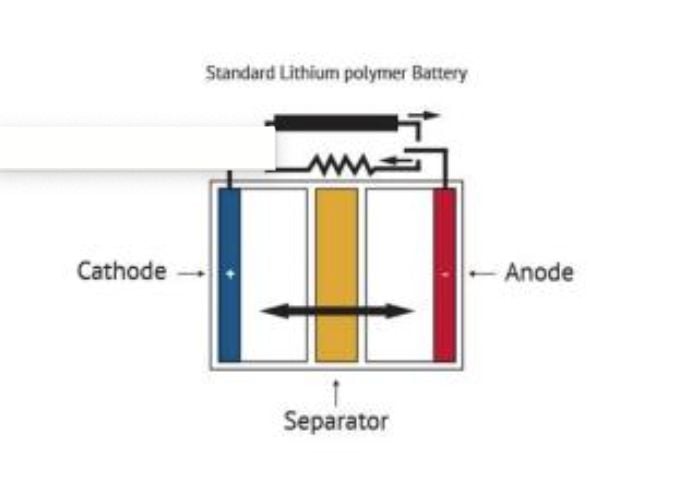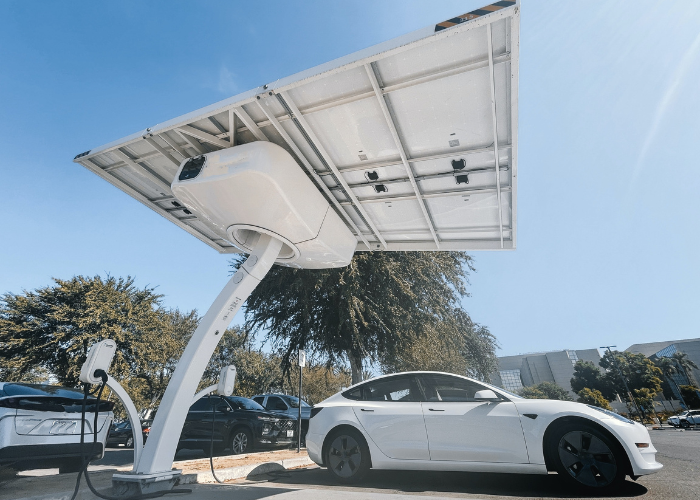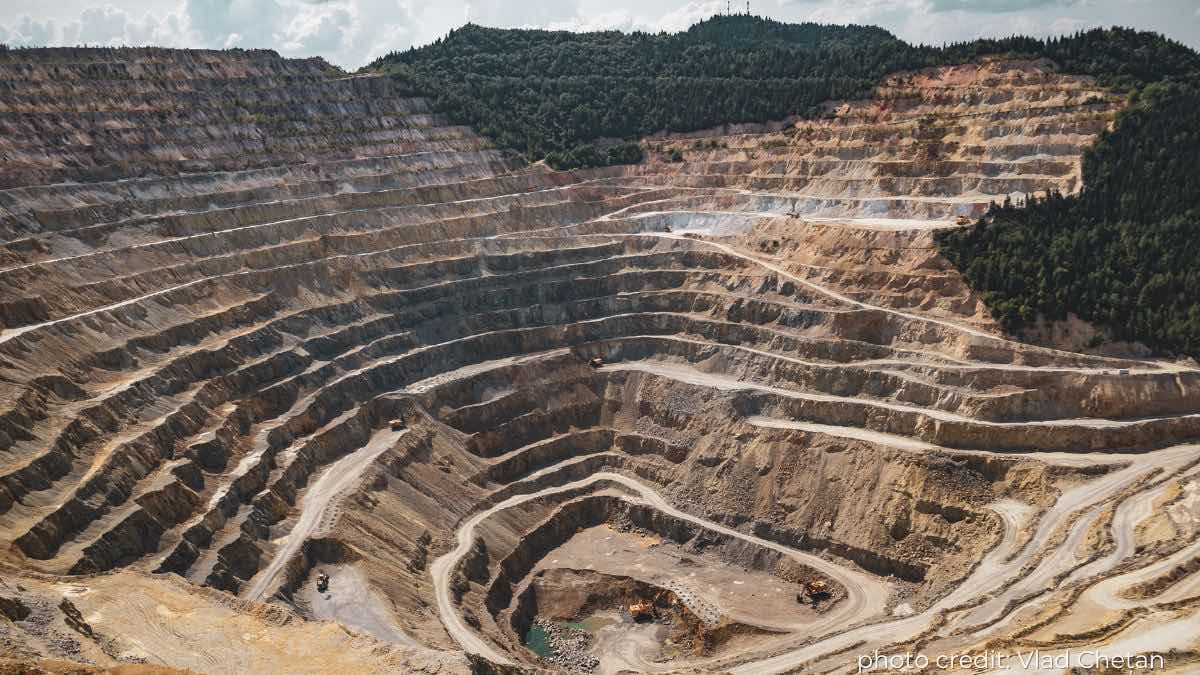The Lithium Revolution
Battery technology has always been the linchpin in the race to dominate the electric vehicle (EV) market. As manufacturers grapple with concerns over range, charging speed, and safety, the world has waited with bated breath for a breakthrough. Industry giants Tesla and Toyota are on the brink of a revolution: transitioning to lithium iron phosphate (LFP) and dabbling in the potential of solid-state designs.
Solid-State Vs. Traditional
At its core, the primary difference between traditional lithium-ion batteries and their solid-state counterparts lies in the electrolyte. While standard LFP batteries utilize a liquid electrolyte, a transformative approach sees the replacement of this liquid with a solid electrolyte. This novel configuration not only promises increased safety but also enhanced energy density. In simple terms, an LFP-based solid-state battery marries the intrinsic safety attributes of the LFP cathode material with the added stability of a solid electrolyte.
 The Potential of LFP
The Potential of LFP
There's a buzzing speculation that LFP batteries could be the solid-state answer the EV industry has ardently sought. The potential benefits are immense. Solid-state batteries offer longer battery life, quicker charging times, and significantly reduced safety hazards related to flammable liquid electrolytes, including corrosive battery acid like KOH.
Innovative Pioneers: Tesla and Toyota
Both Tesla and Toyota, known for their relentless pursuit of innovation, have recognized the promise of this technology. Reports suggest that their combined expertise and investment might have "cracked the code," moving us closer to realizing the full potential of solid-state battery technology. Their shift towards LFP indicates a shared belief in its potential to be the gold standard for EVs.

Toyota has announced that by 2026, there will be an electric vehicle with an advanced lithium battery capable of ultra-fast charging and an extended range of around 600 miles. The shocker here is what they are developing for release in 2028: an LFP-based EV with 900 miles range and ultra-fast 15-20 min charging. All from advancements in LFP and solid-state battery technology.
Eco-Friendly Advancements
Furthermore, as global emphasis on sustainability grows, the environmentally friendly nature of LFP—being devoid of cobalt—adds another feather to its cap. Its adoption could pave the way for a more eco-conscious EV industry.
Conclusion
The journey towards mainstreaming electric vehicles has always hinged on battery advancements. If Tesla and Toyota's venture into LFP solid-state technology is anything to go by, the industry might be on the precipice of a watershed moment. As these EV titans delve deeper into solid-state LFP batteries, the dream of efficient, long-lasting, and safe electric vehicles for all could soon become a reality. Only time will tell if LFP is the game-changer we've all been waiting for.
Thank you for embarking on this journey with us. Together, let's continue exploring, discovering, and unlocking new horizons. You can stay tuned for more captivating content to fuel your curiosity and inspire your imagination.
We appreciate your readership and look forward to you joining us on our next adventure. Until then, keep dreaming, reading, and coming back for more!
A recent video tweet by a famous Tesla blogger from China claims that this new Tesla store in Chongqing, China, is the best in the world. The video of the store is going viral.
The store, which is located in the Chongqing-JIEFANGBEI Starlight Plaza, features a 3D ground painting that combines the Tesla Gigafactory Shanghai and Chongqing landmarks.
Peter Neilson is an automotive consultant specializing in electric cars and hybrid battery technologies. He holds a Bachelor of Science in Automotive Service Technology from Weber State University. Peter can be reached on Linkedin and you can tweet him at The_hybrid_guy on Twitter. Find his page on Facebook at Certified Auto Consulting. Read more of Peter's stories at Toyota news coverage on Torque News. Search Toyota Prius Torque News for more in-depth Prius coverage from our reporter.






Comments
Could this also be a way to…
Permalink
Could this also be a way to harness highly reactive li-metal anode material in lieu of conventional graphite?